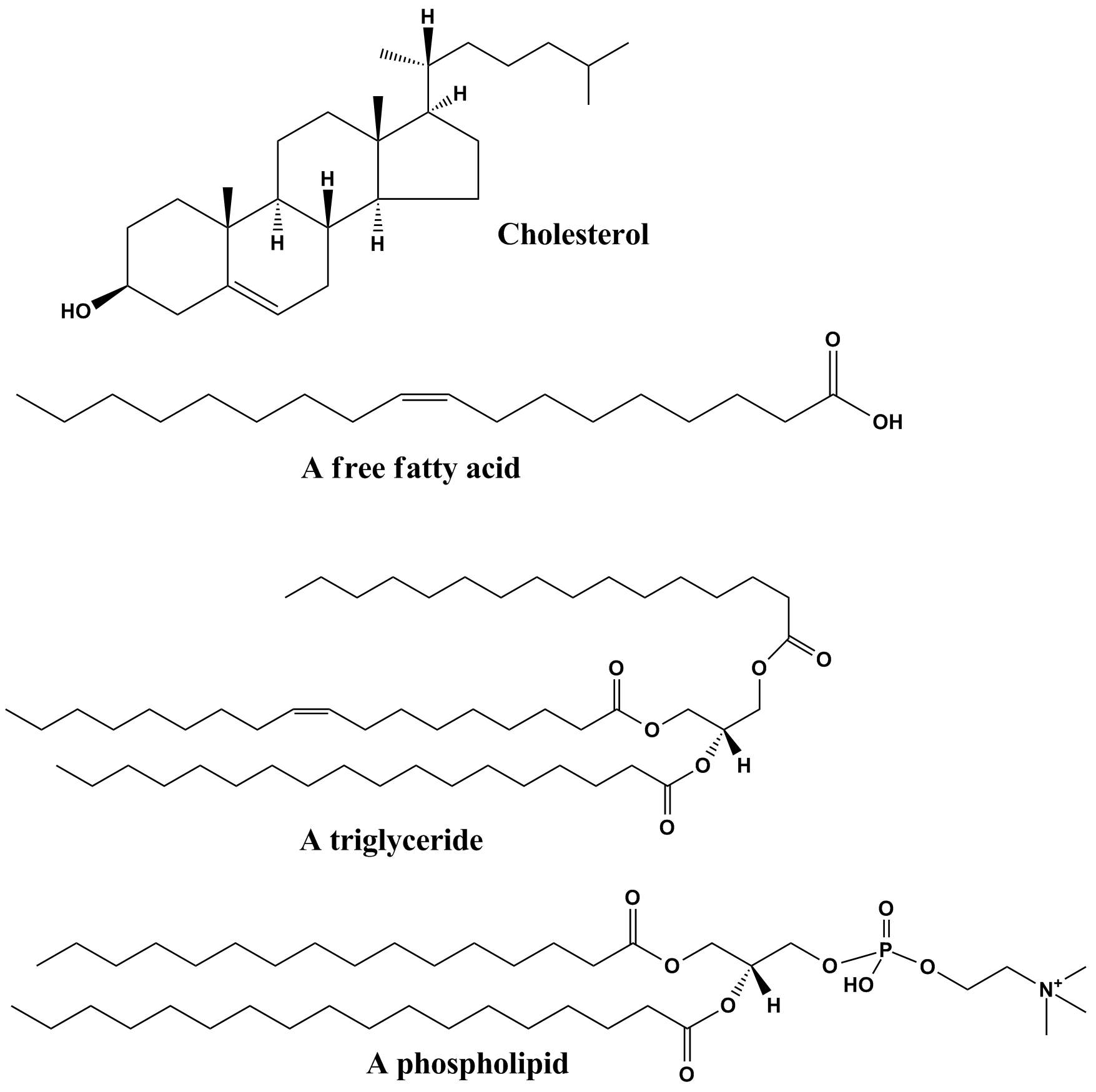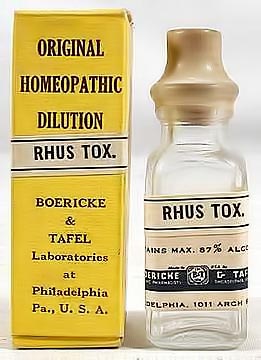|
Revici's Guided Chemotherapy
Revici's Guided Chemotherapy is an ineffective cancer treatment devised by Emanuel Revici (1896–1997). Revici's early work on experimental chemical-based treatments for cancer between 1920–1941 attracted a degree of support. However his work increasingly found disfavor with the scientific and medical communities and his license was revoked in 1993. Revici's Guided Chemotherapy is based on the idea that all illness is caused by an "imbalance" of metabolism. The treatment is to give a mixture of chemical substances (usually including lipid alcohol and various metals) by mouth or injection. A Clinical Appraisal Group was organized in January 1963 to evaluate Revici's cancer treatment. The group concluded that the treatment has no value. The American Cancer Society notes that Revici's Guided "chemotherapy" is different from modern conventional chemotherapy, and states: "Available scientific evidence does not support claims that Revici's guided chemotherapy is effective in treating ... [...More Info...] [...Related Items...] OR: [Wikipedia] [Google] [Baidu] |
Lipid
Lipids are a broad group of naturally-occurring molecules which includes fats, waxes, sterols, fat-soluble vitamins (such as vitamins A, D, E and K), monoglycerides, diglycerides, phospholipids, and others. The functions of lipids include storing energy, signaling, and acting as structural components of cell membranes. Lipids have applications in the cosmetic and food industries, and in nanotechnology. Lipids may be broadly defined as hydrophobic or amphiphilic small molecules; the amphiphilic nature of some lipids allows them to form structures such as vesicles, multilamellar/unilamellar liposomes, or membranes in an aqueous environment. Biological lipids originate entirely or in part from two distinct types of biochemical subunits or "building-blocks": ketoacyl and isoprene groups. Using this approach, lipids may be divided into eight categories: fatty acyls, glycerolipids, glycerophospholipids, sphingolipids, saccharolipids, and polyketides (derived from cond ... [...More Info...] [...Related Items...] OR: [Wikipedia] [Google] [Baidu] |
American Cancer Society
The American Cancer Society (ACS) is a nationwide voluntary health organization dedicated to eliminating cancer. Established in 1913, the society is organized into six geographical regions of both medical and lay volunteers operating in more than 250 Regional offices throughout the United States. Its global headquarters is located in the American Cancer Society Center in Atlanta, Georgia. The ACS publishes the journals ''Cancer'', '' CA: A Cancer Journal for Clinicians'' and '' Cancer Cytopathology''. History The society was founded on May 22, 1913, by ten physicians and five businessmen in New York City under the name "American Society for the Control of Cancer" (ASCC). The current name was adopted in 1944. At the time of founding, it was not considered appropriate to mention the word "cancer" in public. Information concerning this illness was cloaked in a climate of fear and denial. Over 75,000 people died each year of cancer in just the United States. The top item on the fou ... [...More Info...] [...Related Items...] OR: [Wikipedia] [Google] [Baidu] |
Chemotherapy
Chemotherapy (often abbreviated to chemo and sometimes CTX or CTx) is a type of cancer treatment that uses one or more anti-cancer drugs ( chemotherapeutic agents or alkylating agents) as part of a standardized chemotherapy regimen. Chemotherapy may be given with a curative intent (which almost always involves combinations of drugs) or it may aim to prolong life or to reduce symptoms ( palliative chemotherapy). Chemotherapy is one of the major categories of the medical discipline specifically devoted to pharmacotherapy for cancer, which is called ''medical oncology''. The term ''chemotherapy'' has come to connote non-specific usage of intracellular poisons to inhibit mitosis (cell division) or induce DNA damage, which is why inhibition of DNA repair can augment chemotherapy. The connotation of the word chemotherapy excludes more selective agents that block extracellular signals ( signal transduction). The development of therapies with specific molecular or genetic targ ... [...More Info...] [...Related Items...] OR: [Wikipedia] [Google] [Baidu] |
List Of Ineffective Cancer Treatments
This is a non-exhaustive list of alternative treatments that have been promoted to treat or prevent cancer in humans but which lack scientific and medical evidence of effectiveness. In many cases, there is scientific evidence that the alleged treatments are not effective, and in some cases, may even be harmful. Unlike accepted cancer treatments, treatments lacking in evidence of efficacy are generally ignored or avoided by the medical community and are often pseudoscientific. Alternative health systems * Aromatherapy – the use of fragrant substances, such as essential oils, in the belief that smelling them will positively affect health. There is some evidence that aromatherapy improves general well-being, but it has also been promoted for its ability to fight diseases, including cancer. The American Cancer Society states "available scientific evidence does not support claims that aromatherapy is effective in preventing or treating cancer". * Ayurvedic medicine ... [...More Info...] [...Related Items...] OR: [Wikipedia] [Google] [Baidu] |
Pseudoscience
Pseudoscience consists of statements, beliefs, or practices that claim to be both scientific and factual but are incompatible with the scientific method. Pseudoscience is often characterized by contradictory, exaggerated or unfalsifiable claims; reliance on confirmation bias rather than rigorous attempts at refutation; lack of openness to evaluation by other experts; absence of systematic practices when developing hypotheses; and continued adherence long after the pseudoscientific hypotheses have been experimentally discredited. The demarcation between science and pseudoscience has scientific, philosophical, and political implications. Philosophers debate the nature of science and the general criteria for drawing the line between scientific theories and pseudoscientific beliefs, but there is general agreement on examples such as ancient astronauts, climate change denial, dowsing, evolution denial, Holocaust denialism, astrology, alchemy, alternative medicine, occulti ... [...More Info...] [...Related Items...] OR: [Wikipedia] [Google] [Baidu] |



.png)